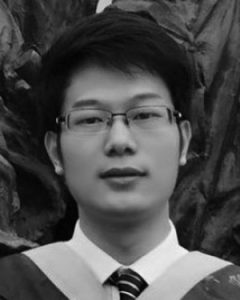 Title: Scalable Data-Driven Control and Optimization for Smart-Autonomous-Sustainable Power Systems
Title: Scalable Data-Driven Control and Optimization for Smart-Autonomous-Sustainable Power Systems
Abstract: Rapidly growing renewable generations and peak loads pose a serious threat to the security and reliability of modern power systems. A critical question is “how to accommodate high penetration of renewable generation and deep electrification?”. This talk focuses on two key challenges, i.e., unknown information and the scalability issue of coordinating large-scale distributed energy resources. I will present two examples of developing distributed algorithms and learning-assisted control techniques to address these challenges. One example is distributed model-free optimal voltage control to handle unknown physical system models, and the other is online learning and human-in-the-loop decision-making for residential demand response to deal with unknown human user behaviors.
Speaker Bio: Dr. Xin Chen is currently a postdoctoral associate affiliated with the MIT Energy Initiative at Massachusetts Institute of Technology. He received his Ph.D. degree in electrical engineering from Harvard University. He received his two bachelor’s degrees in engineering physics and economics and his master’s degree in electrical engineering from Tsinghua University. His research lies in the intersection of control, learning, and optimization for human-cyber-physical systems, with particular application to power and energy systems. He is passionate about developing theoretical foundations and scalable data-driven algorithms for intelligent, autonomous, and sustainable power and energy systems. He was a recipient of the Outstanding Student Paper Award at the IEEE Conference on Decision and Control in 2021, the Best Student Paper Award Finalist at the IEEE Conference on Control Technology and Applications in 2018, and the Best Conference Paper Award at the IEEE PES General Meeting in 2016.